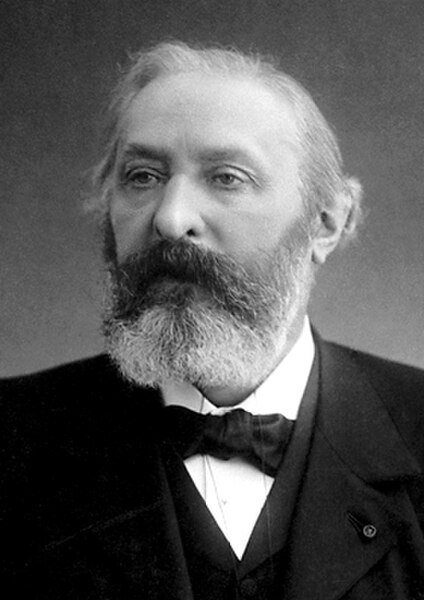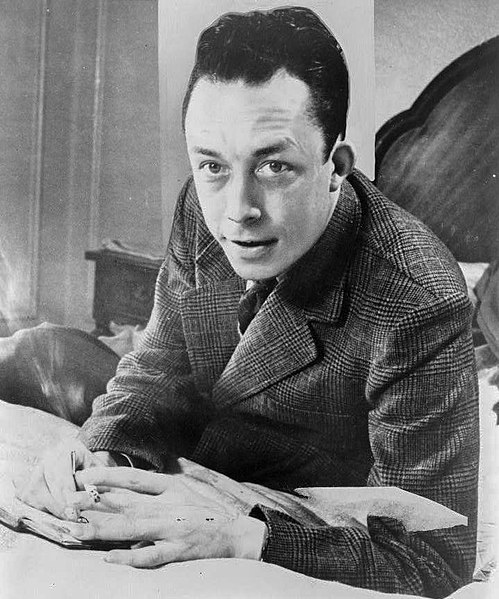2019 Nobel Prize in Literature
The 2019 Nobel Prize in Literature was awarded to the Austrian writer Peter Handke "for an influential work that with linguistic ingenuity has explored the periphery and the specificity of human experience." The prize was announced by the Swedish Academy on 10 October 2019. Handke is the second Austrian Nobel laureate in Literature after Elfriede Jelinek, who won the prize in 2004.
"for an influential work that with linguistic ingenuity has explored the periphery and the specificity of human experience."
Handke's denial of the Bosnian genocide is one of the many grounds for the heavy criticism he receives after receiving the prize.
Mats Malm, permanent secretary of Swedish Academy since 2019.
John Banville received a "prank call" hours before the Swedish Academy announced the official winner, informing him that he was among the newest Nobel laureates.
Nobel Prize in Literature
The Nobel Prize in Literature is a Swedish literature prize that is awarded annually, since 1901, to an author from any country who has, in the words of the will of Swedish industrialist Alfred Nobel, "in the field of literature, produced the most outstanding work in an idealistic direction". Though individual works are sometimes cited as being particularly noteworthy, the award is based on an author's body of work as a whole. The Swedish Academy decides who, if anyone, will receive the prize. The academy announces the name of the laureate in early October. It is one of the five Nobel Prizes established by the will of Alfred Nobel in 1895. Literature is traditionally the final award presented at the Nobel Prize ceremony. On some occasions, the award has been postponed to the following year, most recently in 2018.

In 1901, French poet and essayist Sully Prudhomme (1839–1907) was the first person to be awarded the Nobel Prize in Literature, "in special recognition of his poetic composition, which gives evidence of lofty idealism, artistic perfection, and a rare combination of the qualities of both heart and intellect."
Hemingway's telegram in 1954 (the academy has alternately used for Literature and in Literature over the years, the latter becoming the norm today)
French author Albert Camus was the first African-born writer to receive the award.







